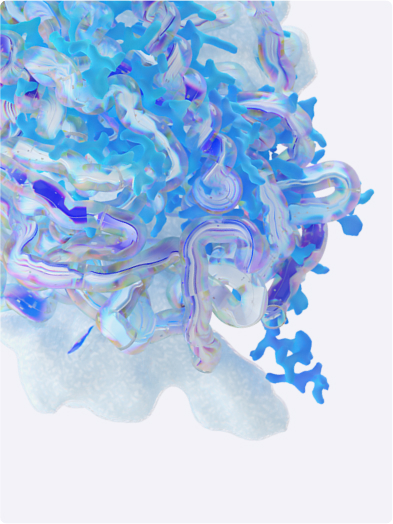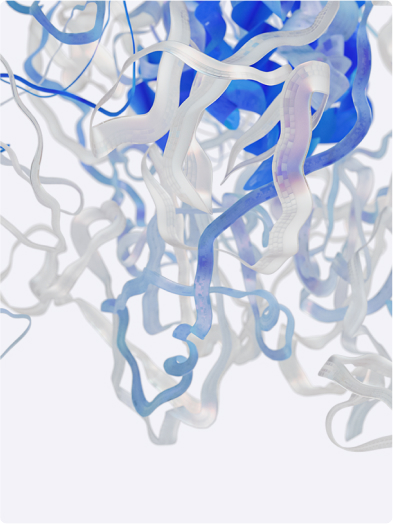There are over 10,000 known rare diseases that affect approximately 400 million people worldwide. 80% of these diseases have genetic origins and 50% affect children. Collectively, people living with a rare disease represent one of the largest underserved patient communities in the world, with less than 10% of known rare diseases having one or more approved treatments.
At Pfizer, we believe that people living with a rare disease, along with the untold number of family members and caregivers who support them, deserve more. For more than 40 years, we have provided critical treatment options for patients with rare diseases including 11 medicines that have received regulatory approval.
List of Rare Diseases
We bring deep scientific expertise and years of exploring medical frontiers. Our partners are some of the world’s leading research organizations. Together we are fulfilling our mission.

Acromegaly is a chronic, rare disease associated with excess growth hormone secretion. It causes overgrowth of body tissues and, if untreated, can lead to secondary problems such as hypertension and heart failure.
Failure to receive adequate medical treatment for this condition can reduce life expectancy by 10 years.
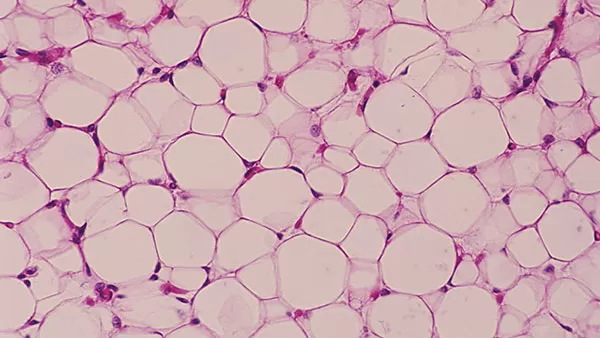
Gaucher (go-SHAY) disease is a rare, inherited condition in which fatty deposits accumulate in critical organs and body systems, causing damage.
The disease is caused by genetic mutations received from both parents.

Growth hormone deficiency (also known as dwarfism) is a growth disease associated with inadequate secretion of growth hormone from the pituitary gland, the "master gland" in the brain.
Children with this disease have abnormally short stature with normal body proportions.
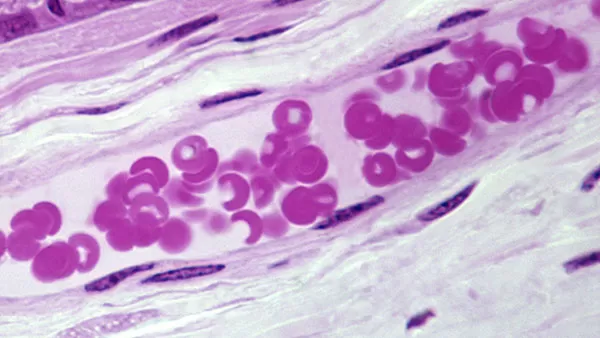
Hemophilia is a rare hematological (blood) disease that has been one of our key areas of focus for more than 30 years. Significant progress has been made in the treatment of hemophilia.
Prior to the 1960s, average life expectancy of a male with severe hemophilia was 12 years of age.
Today, hemophilia patients who receive treatment can expect to live relatively active and long lives.
However, we believe more can be done to improve treatment for these patients and we are making progress with pioneering approaches to treat the full spectrum of the disease.
Learn About Hemophilia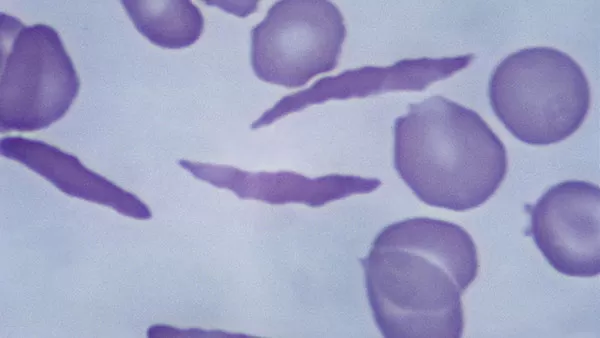
Sickle cell disease is a rare hematological condition that results in misshapen red blood cells, which can block the flow of blood through the body. (Sickle cell anemia is one of the conditions grouped under this disorder.)
Sickle cell disease can cause intense pain, as well as problems such as stroke, acute chest syndrome, joint damage, kidney issues, and occasionally heart problems.
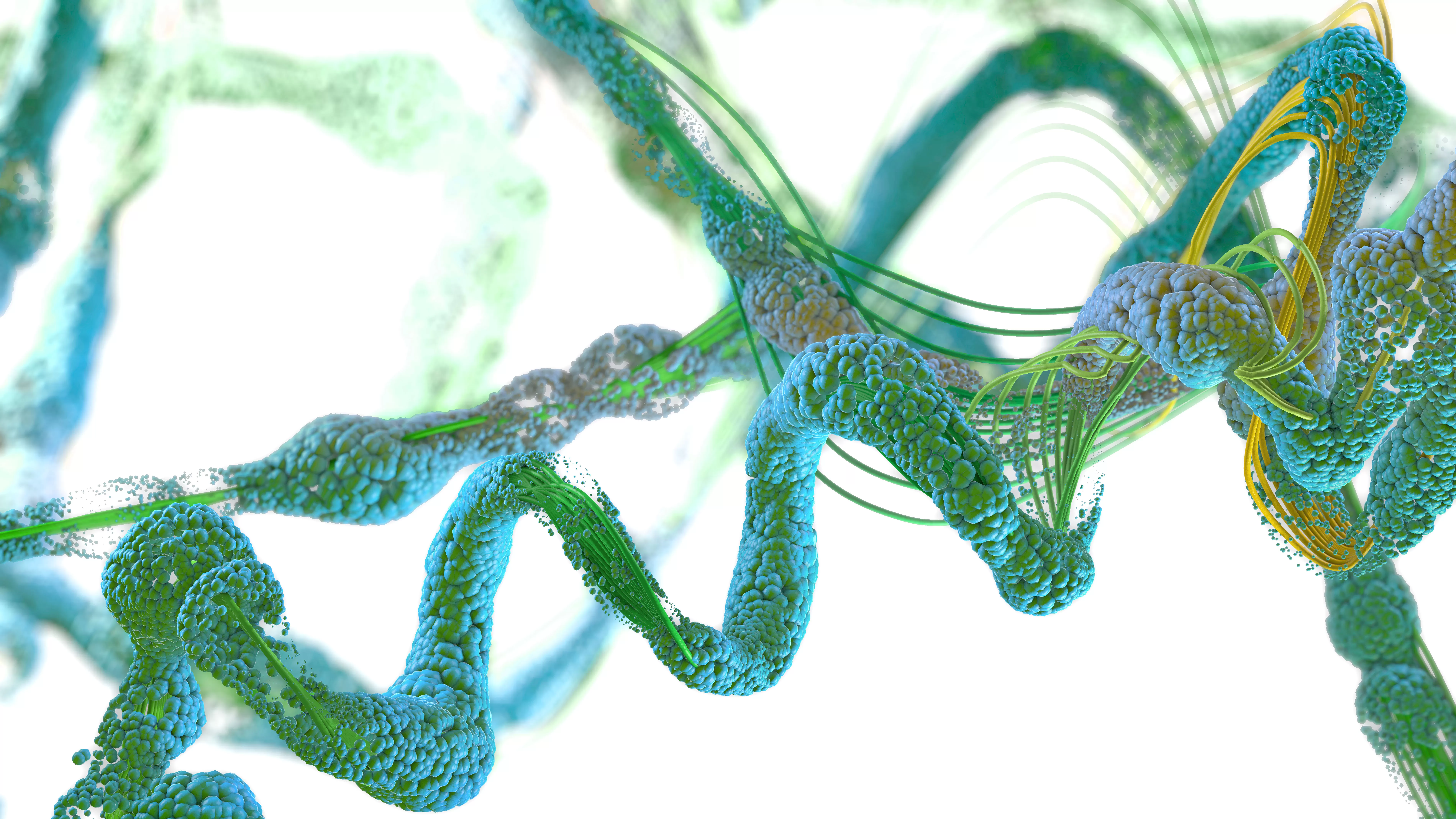
Transthyretin Amyloid Cardiomyopathy (ATTR-CM) is a rare but life-threatening condition that affects the heart and is associated with heart failure.
ATTR-CM is characterized by the build-up of transthyretin amyloid in the heart, which causes the heart muscle to stiffen over time, eventually leading to heart failure.
Symptoms of ATTR-CM often mimic those of other more common heart conditions, resulting in the disease being significantly underdiagnosed. Education, awareness, and treatment are critical to improving the diagnosis and care of people affected by ATTR-CM.
Transthyretin Amyloid Polyneuropathy (ATTR-PN) is a rare, progressive, and fatal neurodegenerative disease, which causes an abnormal build-up of amyloid deposits in the peripheral and autonomic nerves, leading to symptoms such as numbness in the feet, dizziness or fainting, abnormal heartbeat, and unintentional weight loss.
ATTR-PN can be difficult to recognize and manage. Misdiagnosis is common and definitive diagnosis can be delayed for years, postponing adequate treatment and genetic counseling, and leading to possible irreversible damage.
Rare Disease Resources
With more than four decades of experience in rare diseases, our broad portfolio aims to address unmet medical needs across three main therapeutic areas: rare hematology, rare endocrine/metabolic, and rare cardiology.
Areas of Focus
Revolutionary medicines have the power to enrich and extend life across many disease areas. Explore our latest innovations.
Diseases & Conditions Index
We strive to fundamentally transform what it means to live with a disease or condition.
Search for a Disease or Condition Details- 00Phase 1
- 00Phase 2
- 00Phase 3
- 00Registration
- 00Total



